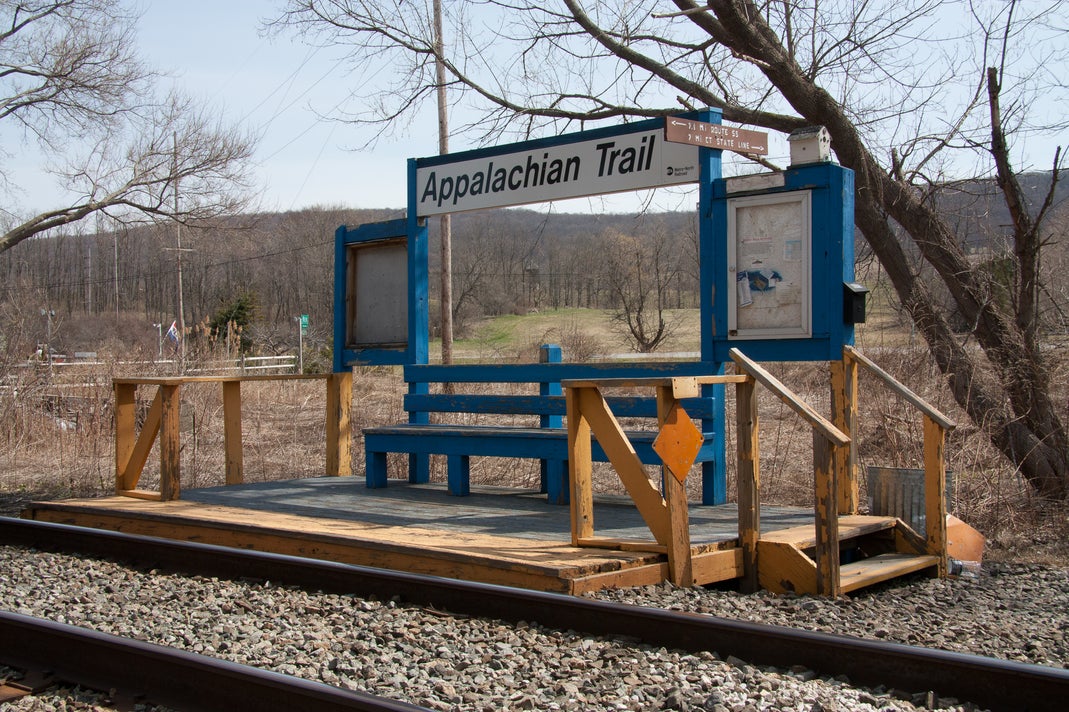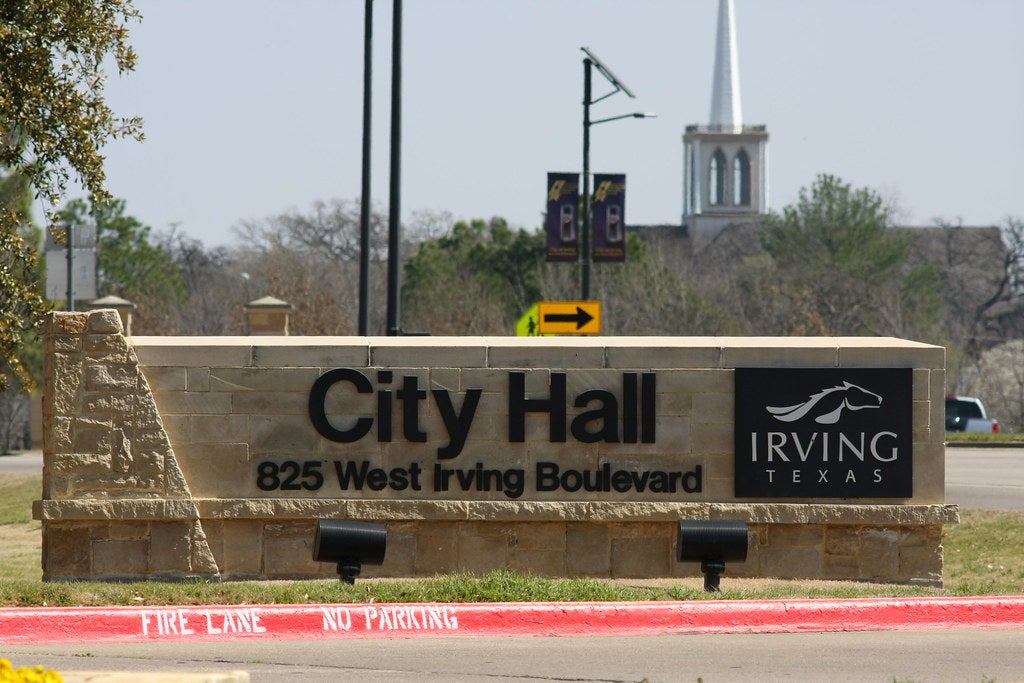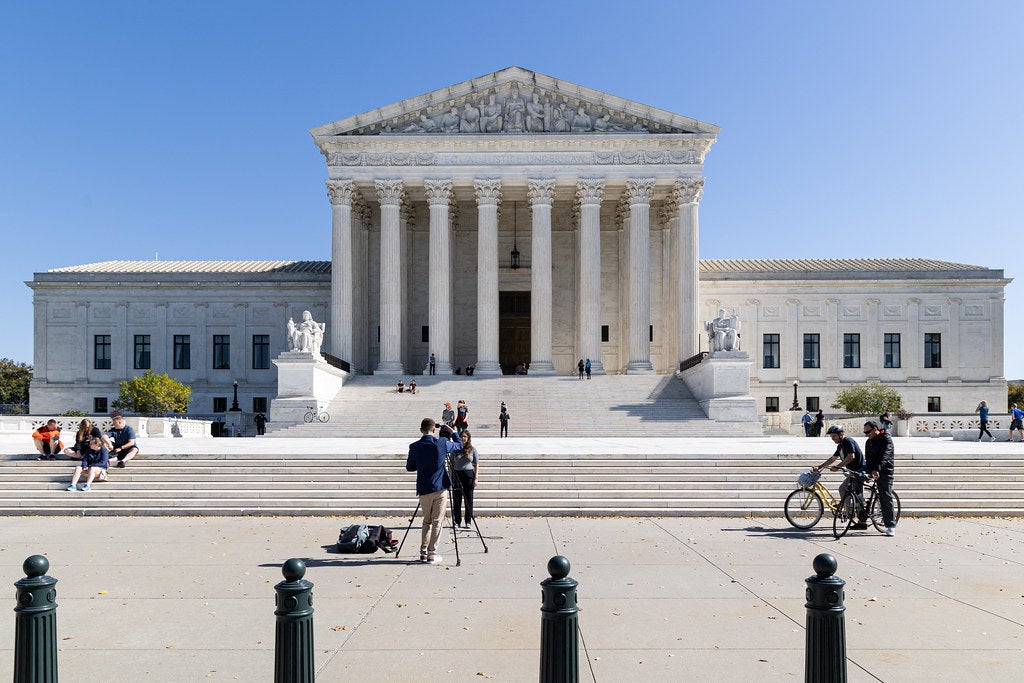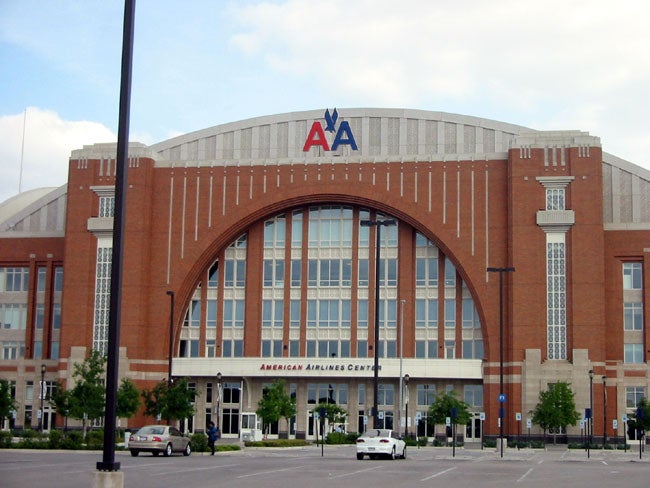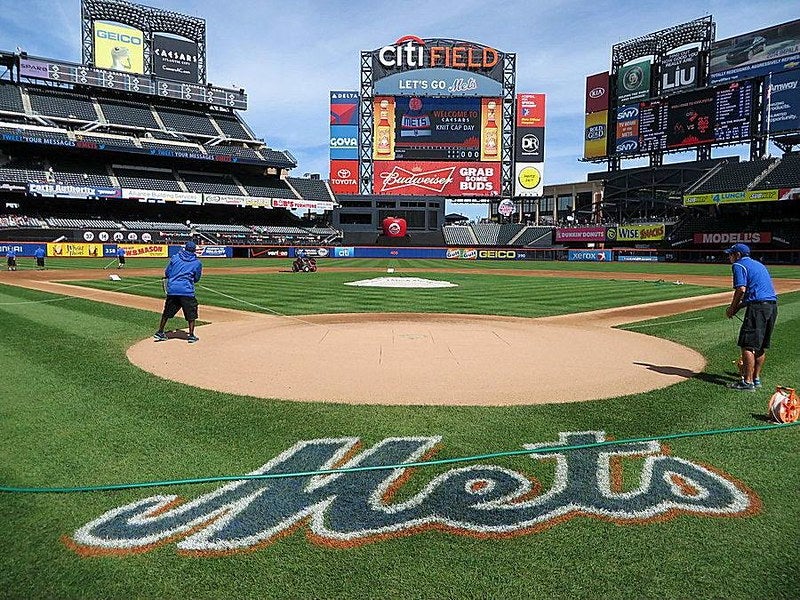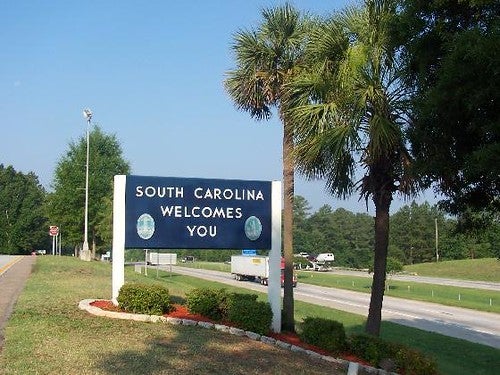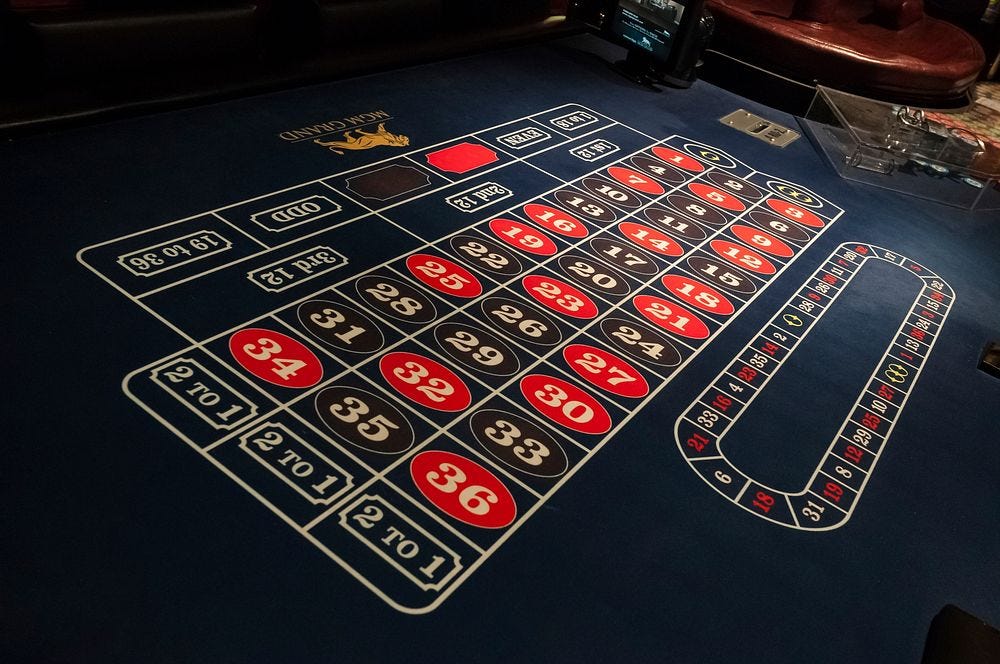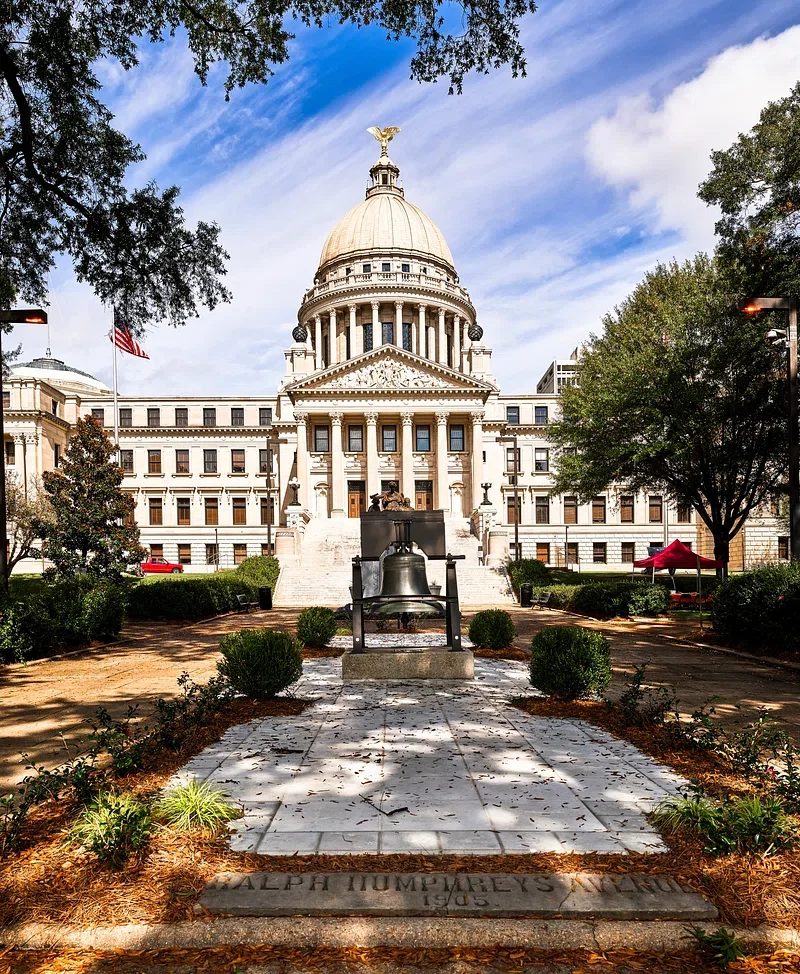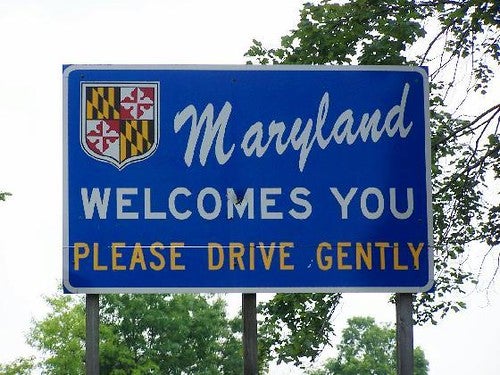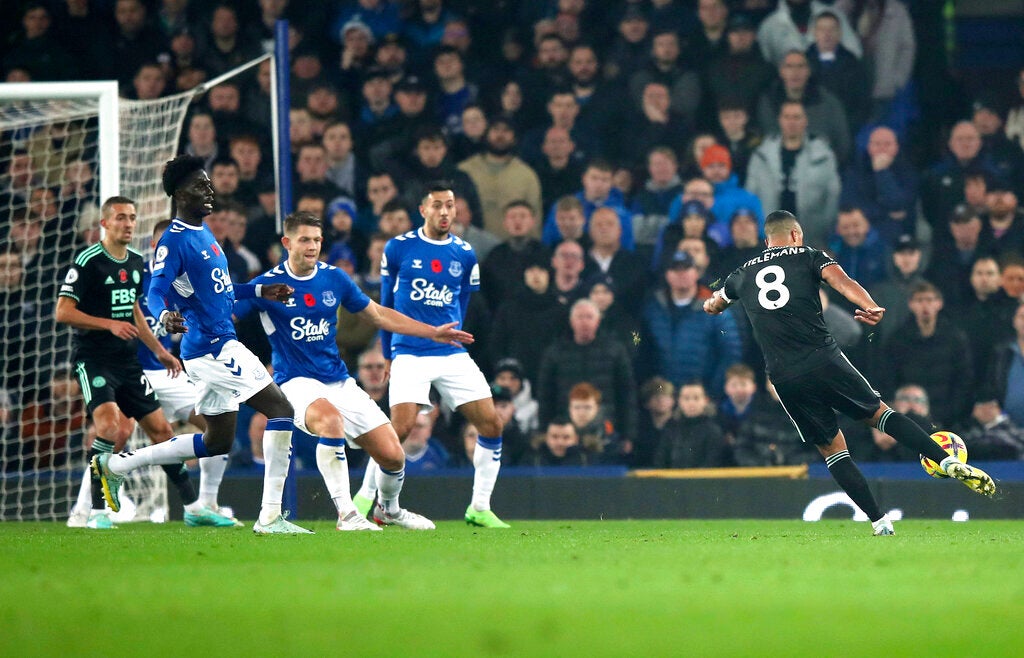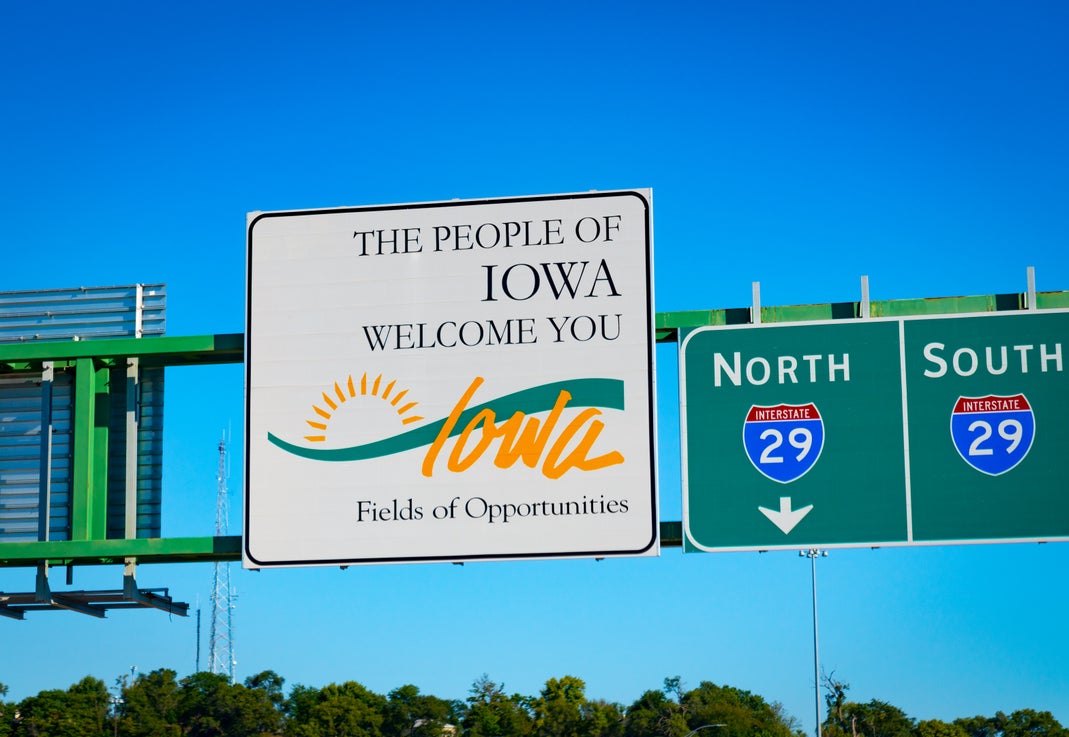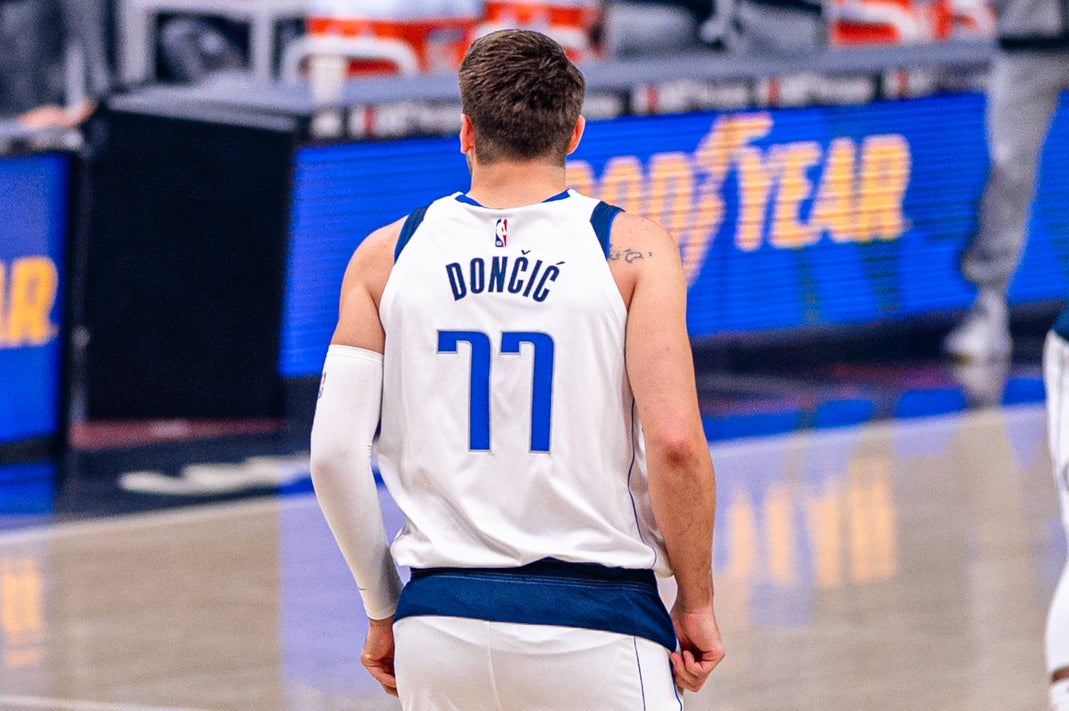A special review
Arkansas Canvassing Compliance Committee aimed to remove the proposal from the upcoming ballot entirely.
The suit named Secretary of State John Thurston, who approved the measure and its signatures in July. Local Voters in Charge helped his defense after the suit went public.
The Cherokee Nation was originally named the recipient of a casino license designated for Pope County in June. It drafted plans for a $300 million facility named Legends Resort & Casino in Russellville.
The tribe filed its lawsuit due to its belief that Local Voters in Charge had not properly collected or tallied its signatures. It claimed that campaigners were illegally paid to help collect autographs, officials in charge of the collection weren’t certified, and that information such as addresses for collection agents was incorrect.
Thurston’s office previously verified more than 116,000 of the 160,000 total signatures. Judge Randy Wright, the special master, released an expedited audit of the situation on Monday that essentially struck down the allegations levied by the Cherokee nation.
The next steps
One of the areas Wright agreed with the plaintiffs was their assertions about the canvassers paid to help collect signatures. Wright wrote that nine of them should be disqualified because of incorrect addresses left on their paperwork—however, those nine collected less than 6,000 combined signatures, meaning the campaign still submitted 110,000 valid signatures.
That put the initiative comfortably clear of the 90,704 minimum.
Wright also stated that there was only proof that 14 of 338 campaigners were paid to collect signatures. Payments included $100 per 100 signatures collected, paid 12-hour shifts for 75 signatures and a raffle for an 85-inch TV.
“The Petitioners did not meet their burden of proof of showing that (Local Voters in Charge), in their collection of signatures, conducted such with a wanton disregard for the provisions of (state law) that would require all signatures collected to be disqualified,” Wright said.
A spokesperson for Local Voters in Charge said that it was “not surprised” by the special master’s decision and that it was still committed to giving local voters the final input on the casino project.
Meanwhile, a spokesperson for the Arkansas Canvassing Compliance Committee said it will file a brief with the Arkansas Supreme Court on Sept. 16.






